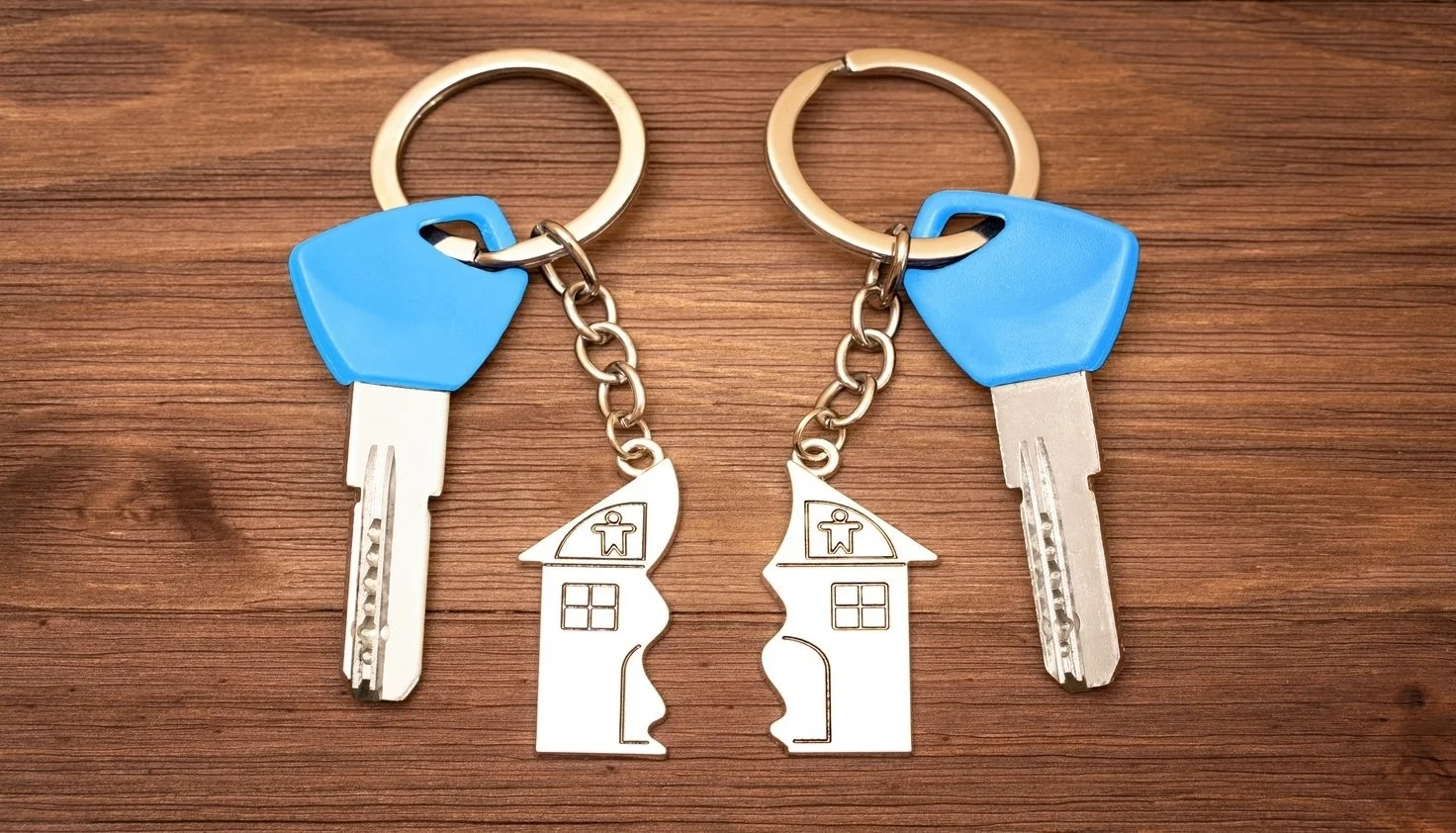Is It Easier to Sell Your House Before or After a Divorce in Maryland?
If there’s one challenge greater than working with someone you don’t get along with, it’s trying to negotiate with someone you once loved.
When that cooperation directly impacts your biggest shared asset — your home — emotions can easily overshadow practical decision-making. That’s why selling a house during or after a divorce can be one of the most difficult steps for separating couples.
Fortunately, with the right real estate guidance, it is possible to complete a successful home sale that allows both spouses to walk away with financial stability and peace of mind.
One of the most common questions divorcing couples ask is: “Should we sell the house before or after the divorce is finalized?”
The answer depends on your specific circumstances. Below, we’ll explore the key advantages and disadvantages of selling a house before divorce vs. after divorce, so you can make an informed choice.
Benefits of Selling a House Before Divorce
1. Save Time and Legal Expenses
Selling before divorce is finalized means you only deal with the standard real estate transaction costs. If you wait, every step of the process — listing, reviewing offers, signing documents — could involve attorneys, which adds more fees.
2. Pay Off the Mortgage and Reduce Debt
Covering mortgage payments, utilities, taxes, and maintenance is often too much for one person after separation. Selling before divorce helps eliminate joint financial burdens and prevents future issues like foreclosure or unpaid bills.
3. Access Your Home Equity Sooner
In most divorces, home equity is split between spouses. Selling early provides access to cash that can be used for a down payment on a new home, rent, relocation, or legal expenses.
4. Emotional Closure and Fresh Start
A house is more than a building — it holds memories and emotions. Selling before divorce can help both spouses detach, heal, and move forward without daily reminders of a failed marriage.
5. Possible Tax Advantages
Married couples who sell before divorce may qualify for a $500,000 capital gains tax exemption. If you wait until after divorce, that benefit usually drops to $250,000 per person.
6. Stronger Negotiating Power
Selling before divorce may prevent buyers from sensing desperation. If word gets out that you’re divorcing, lowball offers are more likely.
Drawbacks of Selling a House Before Divorce
Delays Divorce Finalization: If the home sale drags out, the divorce settlement may be stalled until funds are distributed.
Conflict Over Sale Decisions: Disagreements about price, offers, or repairs can turn the house into a bargaining chip.
Extra Stress for Children: Moving during a divorce can be overwhelming for kids, adding instability during an already difficult time.
Risk of Low Offers: Public knowledge of divorce may attract opportunistic buyers.
Benefits of Waiting to Sell a House After Divorce
1. Reduced Tension
Waiting until after divorce allows emotions to cool, making it easier to make rational financial choices.
2. Build More Equity
If you keep paying the mortgage and maintain the property, you may gain more equity and potentially sell for a higher price later.
3. More Time to Plan Your Next Move
Selling after divorce gives you extra time to organize relocation, adjust custody arrangements, or find a permanent residence.
4. Easier for Kids and Family to Adjust
Keeping children in the same home during the divorce process can provide stability until everyone is emotionally ready for the change.
Drawbacks of Waiting to Sell After Divorce
Shared Mortgage = Shared Problems: You remain financially tied to your ex through the mortgage, taxes, and maintenance.
Loss of Tax Benefits: You may lose the higher married couple tax exemption if you wait too long.
Risk of Market Changes: Housing markets fluctuate — waiting could mean selling at a worse time.
One-Sided Responsibility: Often, one spouse ends up managing the sale process alone, leading to resentment.
Expert Advice for Divorcing Couples Selling a House
The most important thing to remember: don’t let emotions drive your decisions.
Divorce real estate transactions should be handled with the same professionalism as any other home sale. To protect your equity and ensure a smooth process:
Communicate openly and respectfully with your ex.
Hire a divorce real estate agent who has experience handling these situations.
Educate yourself on the legal, financial, and tax implications of selling before or after divorce.
By treating your home sale as a business decision — not an emotional one — you can maximize your profits and make the transition easier for everyone involved.

